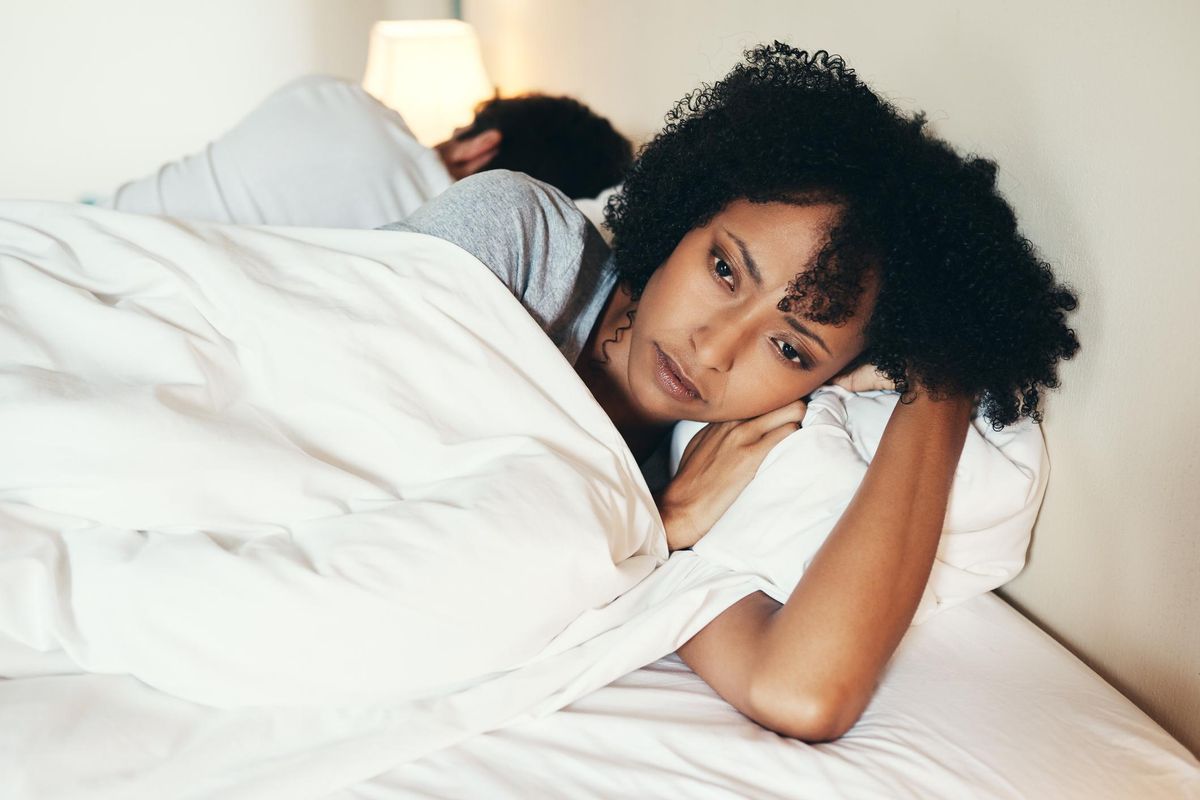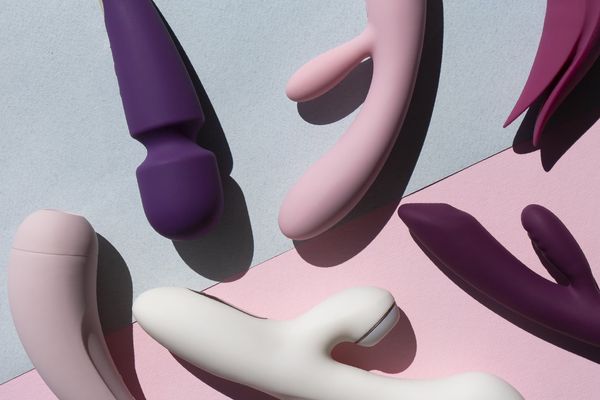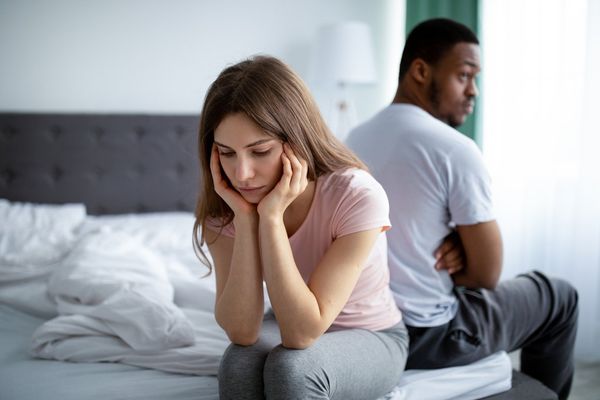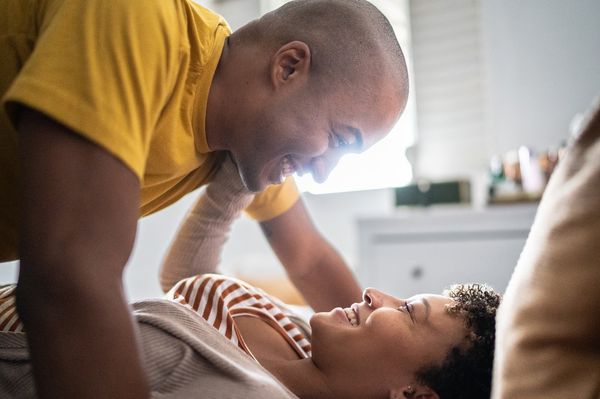Q:
I had a hysterectomy several years ago and since then have not had any sexual urge whatsoever. It's tearing me apart. My doctor gave me a prescription for testosterone cream but it's done nothing for me. Please help!
A:
You don't say if you had your ovaries removed when you had your hysterectomy. About half of women who have hysterectomies also have their ovaries removed. If you belong to that group, it's quite possible that you're suffering from a lack of testosterone. About 50 percent of a woman's total testosterone comes through her ovaries. And testosterone, as you may know, is the hormone closely related to sexual drive, or desire.
Testosterone levels begin dropping years before menopause, a slow, steady decline that never actually ends. If menopause happens, as a result of surgery, that decline occurs much more dramatically and could affect your libido. Although there's good evidence that supplemental testosterone can improve desire, it may be that the dosage or form of testosterone you're using isn't the right one for you, or that other things are going on in addition to hormonal problems.
Estrogen, which is also produced by the ovaries, plays a role in our sexual enjoyment, given that it's responsible for keeping tissues like those in the vagina moist and healthy. That's why some women find that sex becomes uncomfortable or even painful around and just after the menopause transition, when estrogen levels drop rapidly. That fear of pain can, in turn, affect desire. And if you've had surgical menopause, that drop in estrogen, like the drop in testosterone, is much more dramatic, and the symptoms that result can be much more intense.
If the ovaries were left in the body after the hysterectomy, there may be other reasons for sexual alterations. While removing the uterus itself doesn't seem to contribute hormonally to low libido, it may play a role in other ways.
For instance, some studies suggest that the physical changes resulting from some hysterectomies (including removal of the cervix and upper part of the vagina) may affect a woman's ability to become physically aroused, while disruptions in blood circulation to the pelvis from the surgery and afterwards can affect blood flow to the vagina, preventing an adequate sexual response.
Finally, scar tissue that forms in the upper part of the vagina may prevent the vagina from fully elongating. These changes increase the likelihood of painful intercourse, which could lead to a lack of desire.
And don't forget psychological issues. Sometimes after hysterectomy women experience depression, which can be devastating to sexual desire. My recommendation is that you start with a complete physical. Share how you're feeling emotionally as well as physically with your health care professional, and ask for a complete blood workup, including tests to measure levels of hormones. In addition, you may want to consider talking to a counselor about relationship and lifestyle issues that may be contributing to your lack of desire.
With time and effort on your part, it's likely that you will find the right combination of approaches to allow you to have an enjoyable sex life again.
- What You Need to Know About Menopause - HealthyWomen ›
- How Surgery Threw Me Into Abrupt and Complete Menopause ... ›
- How Does a Hysterectomy Affect Menopause? - HealthyWomen ›
- Hysterectomy - HealthyWomen ›
- Surgical Menopause Hit Me Hard, but I’m Reconnecting With my Body — and My Partner - HealthyWomen ›
- Sex After Surgery - HealthyWomen ›







